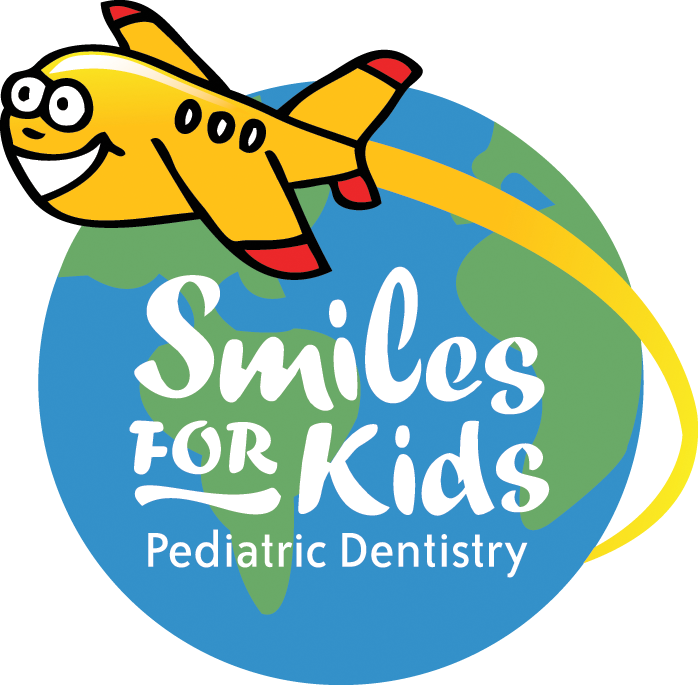How to Treat Herpetic Gingivostomatitis in Kids
/Herpetic gingivostomatitis, precursor to cold sores, is caused by the virus HSV1 (herpes simplex virus type 1) which can infect mouth and lips and is characterized by painful vesicle like sores which can make swallowing, eating and drinking difficult. This herpes virus is NOT the same as the one causing sexually transmitted disease although it is in the same family of viruses. Oral HSV1 can commonly affect toddlers and young children and is transmitted through saliva, often from a person with existing cold sores. Your children can get it from sharing utensils, putting toys or things in the mouth and thumb sucking, to name a few. Usually the sores clear up within two weeks.
Symptoms include fever (often occurring few days before oral lesions), small vesicles on lips, tongue, cheeks and other areas inside the mouth, swollen, bleeding and very red gums, headache, and tiredness, loss of appetite, sore throat and bad breath. It can easily be diagnosed by your healthcare professional by swabbing cotton over the sores to test for HSV. Determining what virus caused the sores is important for the healthcare professional to recommend proper treatment.
The sores are usually red around the edges and appear yellowish or grayish in the middle. They start as multiple small fluid filled vesicles. The fever can last for a few days while the sores can be painful for up to ten days. The virus that caused the herpetic gingivostomatitis will stay in the system even after the sores have completely healed. When they recur on the lips, they are called cold sores.
For children with fever and pain, acetaminophen or ibuprofen can be given. Although you can get these pain medicines without a doctor’s prescription, it is still recommended that you consult a professional regarding the dosage. Antibiotics cannot affect viruses so it is useless to administer them to the patient. An antiviral medicine is effective in fighting infection and helps hasten the healing process, but only if given at the very early outbreak period. Numbing medicine may also be given to your child to lessen the pain and make eating and drinking easier. If your child is not old enough to swish the numbing medicine in his mouth and then spit it out, you as a parent can swab the sores with the medicine instead.
Because these lesions are very painful, children do not want to eat or drink and the greatest fear of medical professionals is dehydration. Parents must concentrate on making sure that the child drinks plenty of liquids. If any signs or symptoms of dehydration occur such as unusual sleepiness, lethargy or persistent fever, contact the pediatrician. Instruct your child not to put his or her hands in mouth or rub eyes when sores are present to keep the virus from spreading to other body parts. Wash your child’s hands with soap and hot water often.
Clean your child’s mouth by gently brushing his or her teeth. Don’t give the child salty, acidic or spicy food as these will just aggravate the pain. Make sure that your child also gets enough rest and plenty of sleep and call Smiles For Kids if you have any questions or concerns.
